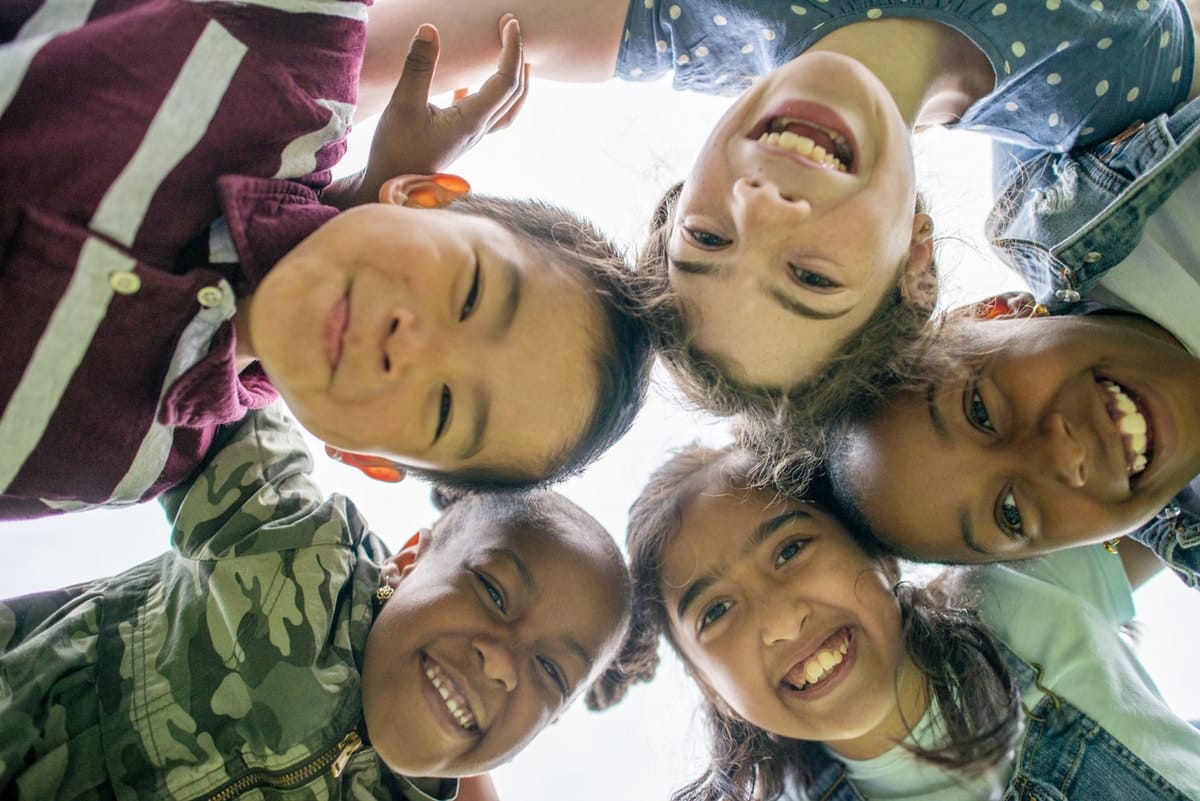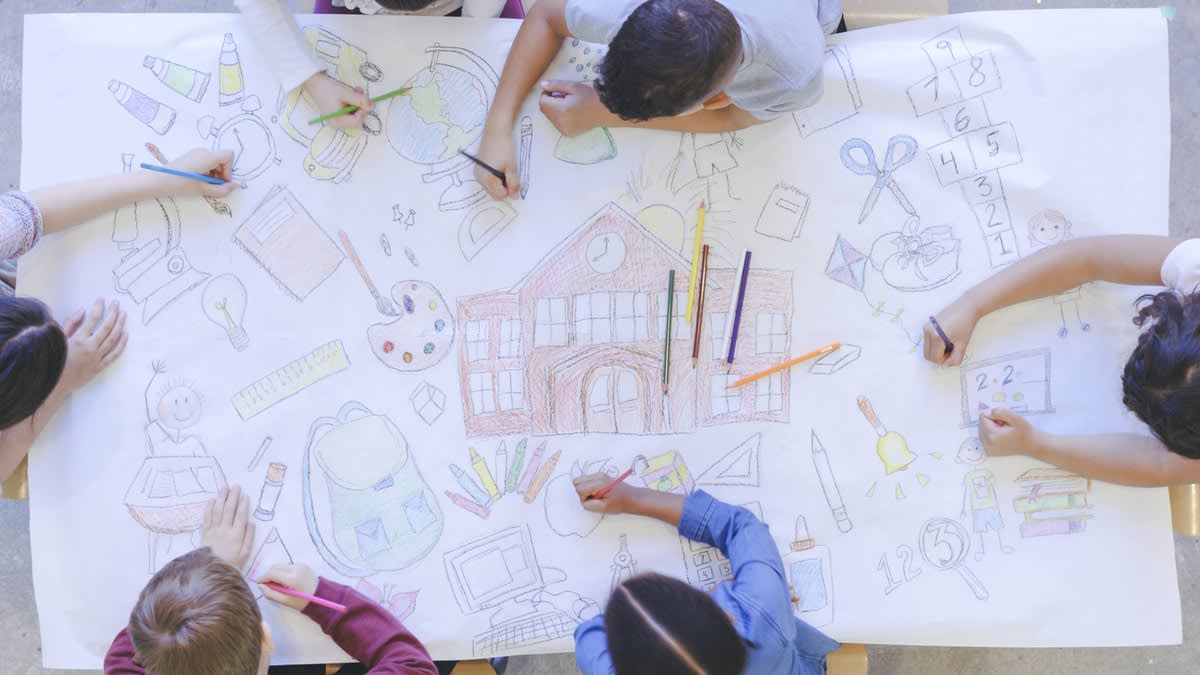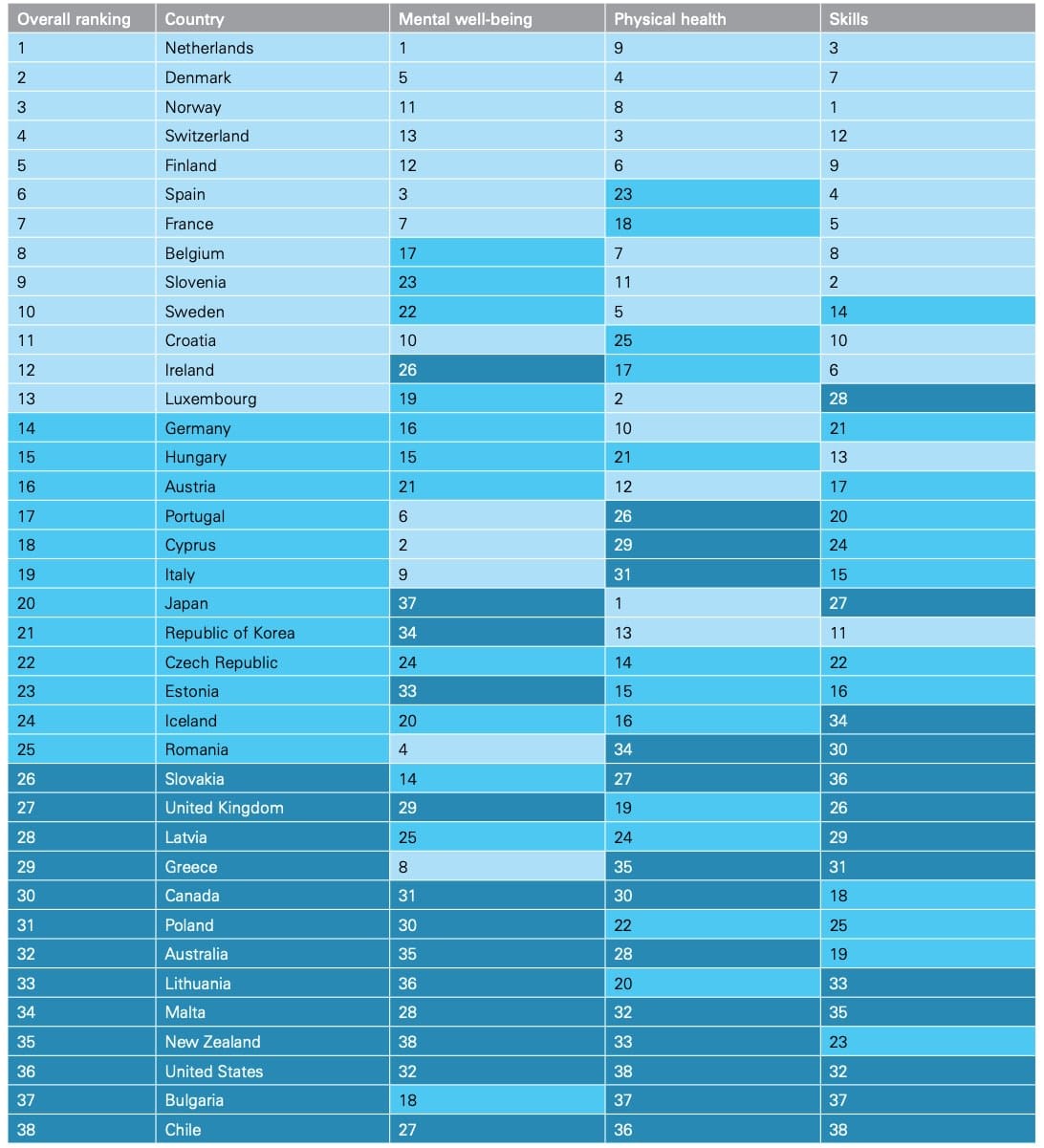
Belonging, connection and re-engagement must be the priority for Melbourne’s schools in term four.
After students and teachers have spent the longest time in remote schooling mode of almost anywhere in the world, principals and teachers will need to consider the experiences that students have when they return to schools in early-to-mid term four.
Since late in term one, Melbourne’s students have mostly been learning at home. Despite the unprecedented efforts of schools to offer high-quality remote learning experiences, students through this time will have experienced disconnection and isolation from their peers, teachers and school communities.
We know that responses to remote learning experiences have been varied, and that evidence suggests that disadvantaged and marginalised groups of students may have been more significantly impacted.
However, throughout 2020, all students have had their learning and social development disrupted in some way.
There’s been discussion about the impact on learning achievement that will result from the disruptions to schooling, with prominent interest particularly on high-profile measures such as VCE studies. Other commentators have pondered the gaps in curriculum that might result, and the possibility of students “falling behind”.
Against this backdrop, and looming end-of-year reporting requirements, the Victorian Department of Education’s term four operations guide is allowing schools to narrow their curriculum to focus on literacy and numeracy for the purpose of “catching up”. This could result in less time spent doing art, music, technology, and other engaging and social activities when students return to the classroom.
This would be a mistake. Although it’s true that some students may have gaps in their learning after the disruption they’ve experienced, focusing on testing and the “three Rs”, at the expense of experiences that are more likely to foster belonging, connection and engagement, will be more detrimental to students in the long run.

Belonging is a critical precursor to effective learning
A student’s sense of belonging at school is strongly influenced by relationships. This sense of belonging drives academic motivation, a critical precursor for effective learning.
When a student feels like they belong, they feel safe, respected, included and accepted. These are the strong foundations from which learning can occur. Without a strong foundation of belonging, students may achieve lower academically.
Studies have shown that students who engaged in school-based social and emotional learning attained higher grades and scored 11 percentile points higher on academic achievement tests than peers who did not engage in such learning. Given these potential negative learning outcomes, it’s critical to focus on the “whole child”, and not academics only.
A narrow focus on academics is potentially damaging
Belonging is an important determinant of students’ overall success, wellbeing and health – without connection, students are likely to experience poor mental health, loneliness, isolation, and lower self-esteem.
And now, through the pandemic, students have had less opportunity to participate in critical social life events, special birthdays, camps, sports, and as a result, friendships may have been disrupted.
Overall, Australia already fares pretty poorly in children's life satisfaction compared with other countries. In research from the United Nations Children’s Fund, UNICEF, Australia was ranked 35 (out of 38 participating countries) for children's mental health and wellbeing (see graph below).

With predictions of a potential social recession post-COVID-19, mental health issues may be further exacerbated for many students by isolation, disconnection from their peers and school networks.
Social support networks may have been diminished due to:
- difficulty in maintaining connection for some students during periods away from school
- children and youth experiencing milestones and endings without the usual social support systems of schools and activities
- social ties with family and friends being moderated through online interactions and reduced opportunity for face-to-face interpersonal communication. Prior to the COVID-19 disruption, there were already indications that there are concerning numbers of children and youth who are detached from schooling. One 2019 report analysed internal education departmental data from two Australian states, and estimated that there are “upwards of 50,000 unaccounted, detached students across the country”.
Without a concerted effort to counter the disconnection and isolation through a term-four focus on strong relationships and enjoyment at school, the numbers of students who disengage could increase into 2021 and beyond.
A focus on reconnection at school should help undo the impacts of isolation, and help students move into the summer break and 2021 connected and well.
Read more: Melbourne's term four return-to-school plans need rethinking
Schools offer ideal places to build a sense of belonging in students – not only through the presence of relationships and opportunities to belong to groups to build social identity, but also through the teaching of social and emotional competencies that serve as the building blocks for social belonging and learning.
Interpersonal skills are critical for connection. Preventative wellbeing interventions, and social and emotional learning opportunities may have taken a back seat during COVID-19 and remote learning, but now a return to the classroom must also signal the reprioritisation of these skills that are fundamental for student coping and resiliency moving forward.
Ideas for enhancing belonging following a return to face-to-face school
- Allow time to re-establish and build relationships. Give yourself space to genuinely know your students and build rapport.
- Start slow. Students may find themselves more fatigued on returning to school. This break from school has been different from a typical school holiday. Followed by months of distance learning, the increase in social contact alone may be tiring for some students.
- School staff should ensure students know they are there for their personal and emotional support, not just support for their school work.
- Schools should ensure that wellbeing interventions and approaches do not fall off the agenda. Now more than ever before, they are critical.
- Be preventative. Look for signs that students are not coping and may need additional support, and refer if needed.
How leaders can prioritise belonging
- Advocate for a focus on belonging and connection. This will include clear communication to the school community about priorities for term four.
- Bring forward the wellbeing-focused practices that were occurring through lockdown. Many school leaders reported that much of their time during remote schooling was focused on checking in on teachers, students and families, and that they encouraged their teachers to do the same with their students. This should continue for the remainder of the year.
- Manage the expectations of parents, teachers and students on the work that can be done to “catch up”.
- Remind everyone that wellbeing, connection and belonging are the foundations on which successful learning will be built beyond 2020.
A return to face-to-face learning will be a transition for all students. There will have been a variety of experiences with remote learning, from some students really enjoying it and thriving in the home learning environment, to other students who have been disconnected and isolated, and are eager to return to the socially familiar and comfortable school environment.
In the same way we might consider a return to school after a holiday, or a return to school after alternative learning arrangements, teachers need to respond to this variety, re-establish their relationships, and rebuild their rapport and trust within a physical learning space. This process can take time.
Education hopes to ”equip Australians to succeed in an increasingly complex world”. The pandemic has provided a potential opportunity to disrupt notions of traditional schooling models and a standardised view of one-size-fits-all approaches to education.
Education has many purposes, and right now we need to understand that social outcomes are equally as important as a focus on numeracy and literacy skills.
Christine Grove was a senior lecturer at Monash University at the time of writing this article.





